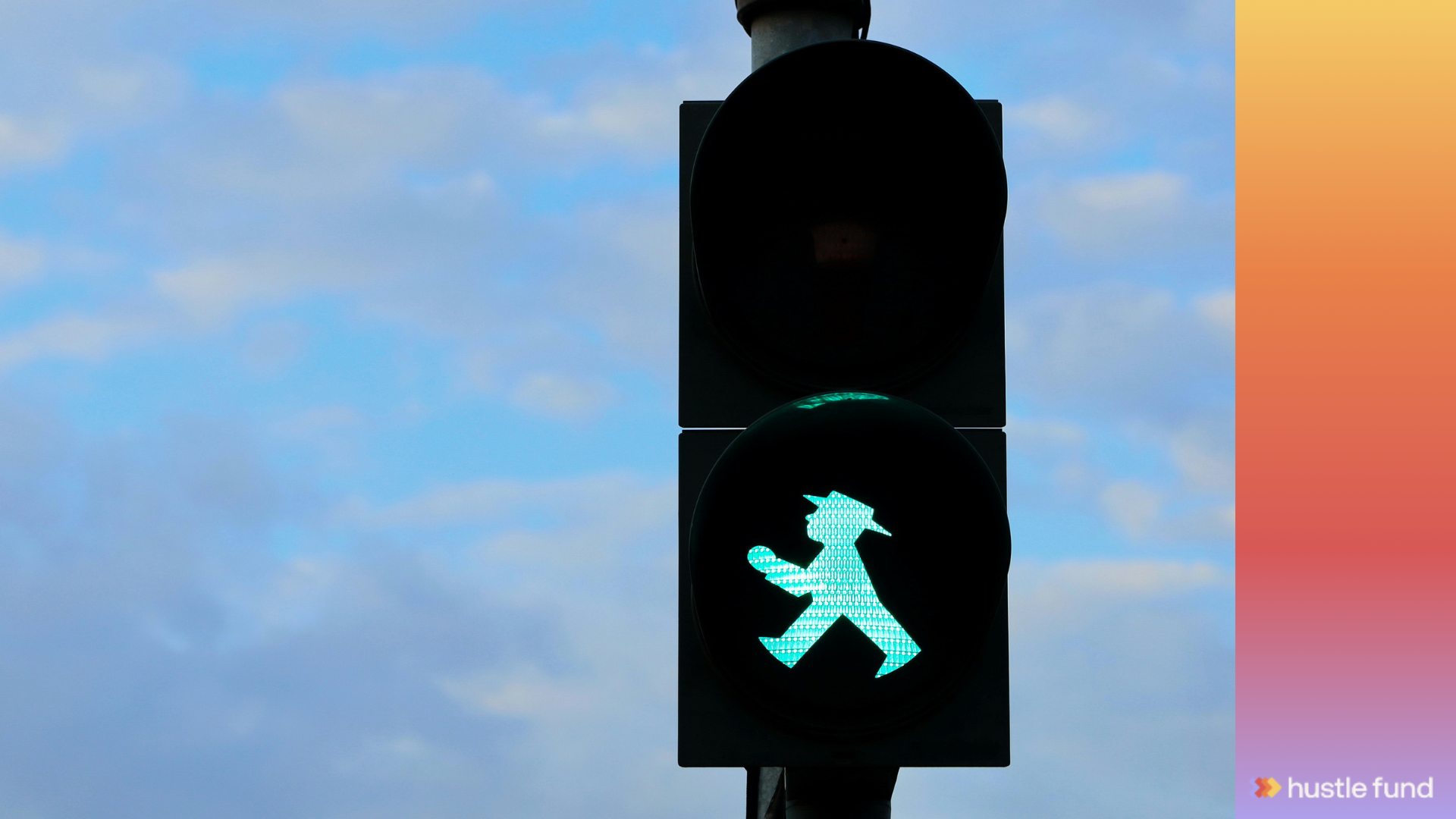What to do when a startup dies
.png)
Brian Nichols is the co-founder of Angel Squad, a community where you’ll learn how to angel invest and get a chance to invest as little as $1k into Hustle Fund's top performing early-stage startups
The market is a little cuckoo right now. And the sad truth is that founders who are having trouble raising may need to shut down their businesses. Startups die all the time, but we seem to be living in a period of time where even startups that seem promising have to shut their doors if they can't get outside capital.
As investors, what's the protocol when a founder tells us her startup is shutting down?
I recently asked this question to Eric Bahn, co-founder and GP at Hustle Fund. He recorded a video about it, which I've summarized below. Feel free to watch it here if that's your jam.
The first thing to do
When a founder tells their investor that their company isn’t gonna make it, there’s only one thing an investor needs to say to that founder: “Thank you for letting me be a part of this journey with you.”
If you just rolled your eyes… fair enough. It’s a bit of a corny line. But here’s why it matters.
Let’s assume that the founder and their team tried sincerely to get a great outcome. They poured their heart and soul into building a product, validating their idea, getting customers, iterating, hiring, fundraising…And now it’s all come crashing down.
Can you imagine being in this position, then having to call all the people who supported and believed in you and telling them “I failed”?!
Woof. That’s got to be the scariest, loneliest feeling in the world. The best thing we can do is offer them a safe space to share this news.
The second thing to do
Next, ask the founder how you can help. Is there anything blocking them as they wind down? Is their mental health in the garbage? Do they need a cookie? Do they need 10 cookies?
This question shows the founder that you still care about them as a human, and gives them a boost of confidence to collect themselves and (hopefully) try again. Three benefits of this reaction:
1. You can't see the future
A few years ago, Hustle Fund invested into a startup that unfortunately didn’t work out. The founder holed up for a few years nursing his wounds… then came back with a new startup.
Because we supported him in his darkest moments, this founder was quick to offer allocation into his second startup. And his second startup is KILLING it.
Point being: you never know where a founder’s career will go. They might go on to create something wonderful. And they don’t forget the investors who were there for them… or the ones who published passive aggressive tweet threads about the company's downfall.
If you treat a founder badly because she failed once, that’s a relationship-ender.
2. Founders talk
Some of the best dealflow we get comes from founders we’ve already invested in (or from founders we’ve rejected). This is because founders trust each other. And they talk about EVERYTHING.
If you’re a meany pants to a founder in their darkest hour, they will tell their founder friends. And you could lose out on great dealflow because of it.
3. It's the right thing to do
Look. I’m not the moral police over here. But I’ve seen some nasty things shared on Twitter and Reddit when a startup goes under.
The internet can be a mean place when we don’t show kindness towards the people who need it most. You’re an investor, which means that people will inherently listen when you speak.
So if you have an opportunity to set an example for how other investors can and should behave, take it.













